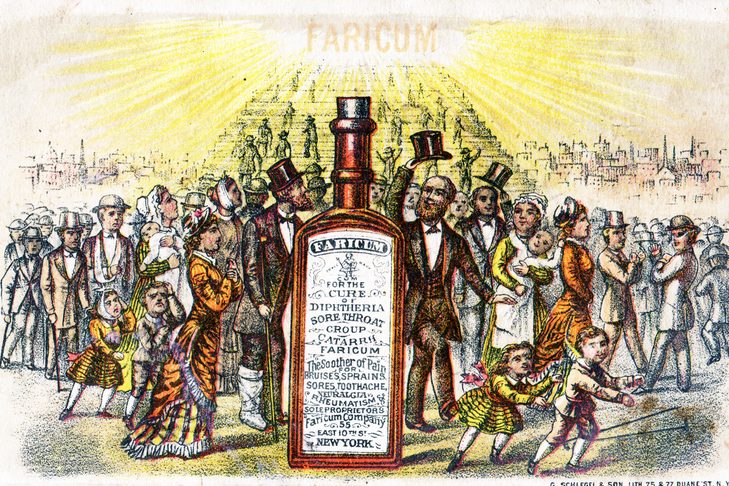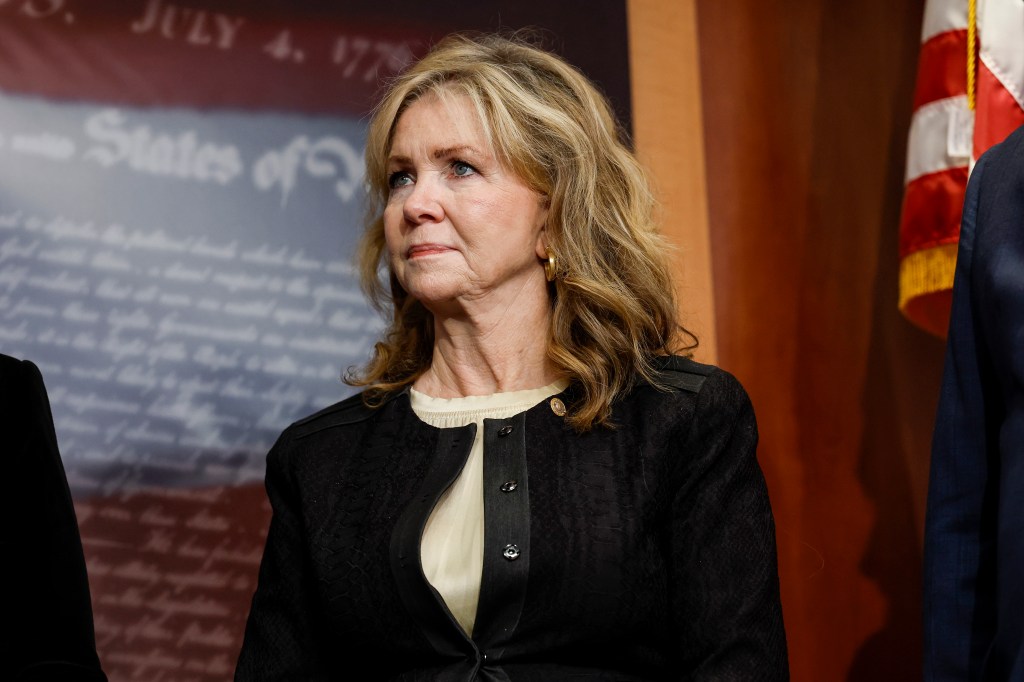Last week, the Federal Trade Commission (FTC) issued a long-expected update to its guidelines for endorsements, which advise businesses about how to make sure consumers understand when celebrities, influencers or even everyday consumers are compensated to promote or review their products.
The agency further offered a proposed new rule banning fake reviews and testimonials, noting the rule would trigger civil penalties for violators and help level the playing field for honest companies in an age of rampant social media use and, increasingly, generative AI.
Endorsement guides
The FTC says the updated guides, “at their core, reflect the basic truth-in-advertising principle that endorsements must be honest and not misleading. An endorsement must reflect the honest opinion of the endorser and can’t be used to make a claim the marketer of the product couldn’t legally make.”
Last revised in 2017, the new version includes 40 additional questions and answers, plus it adds specific guidance for influencers on when and how to disclose material connections across different kinds of platforms. And it gives FTC staff’s views about the monitoring of influencers and platform disclosure tools.
It also includes more guidance relating to online reviews, addressing issues such as incentives and treatment of negative feedback.
Specifically, the guides:
- articulate a new principle regarding procuring, suppressing, boosting, organizing, publishing, upvoting, downvoting, or editing consumer reviews so as to distort what consumers think of a product;
- address incentivized reviews, reviews by employees, and fake negative reviews of a competitor;
- add a definition of “clear and conspicuous” and saying that a platform’s built-in disclosure tool might not be an adequate disclosure;
- change the definition of “endorsements” to clarify the extent to which it includes fake reviews, virtual influencers, and tags in social media;
- more clearly explain the potential liability of advertisers, endorsers, and intermediaries; and
- highlight that child-directed advertising is of special concern.
Connections and comp
If there’s a connection between an endorser and the marketer that a significant minority of consumers wouldn’t expect and it would affect how they evaluate the endorsement, that connection should be disclosed clearly and conspicuously.
For example, if an ad features an endorser who is a relative or employee of the marketer, the ad is misleading unless the connection is made clear.
The same is true about compensation given to the endorser: If the endorser has been paid or given something of value to tout the product, that needs to be disclosed. Knowing about the connection is important information for anyone evaluating the endorsement, the FTC says.
“If the endorser has been paid or given something of value to tout the product, that needs to be disclosed. Knowing about the connection is important information for anyone evaluating the endorsement.”
FTC Endorsement Guides
The FTC refers to a glowing YouTube video review saying that a particular resort is the most luxurious place the reviewer has ever stayed while on vacation.
“If you knew the hotel had paid the reviewer hundreds of dollars to say great things about it or that the reviewer had stayed there for several days for free, it could affect how much weight you’d give the endorsement. The reviewer should, therefore, let viewers know about that relationship,” the FTC says.
Proposed rule
In its rule proposal, the FTC cited examples of clearly deceptive practices involving consumer reviews and testimonials from its past cases, and noted the widespread emergence of generative AI, which is likely to make it easier for bad actors to write fake reviews.
The agency is seeking comments on proposed measures that would fight these clearly deceptive practices. For example, the proposed rule would prohibit:
- the selling or obtaining of fake consumer reviews and testimonials;
- review hijacking, in which businesses use or repurpose a consumer review written for one product so that it appears to have been written for a substantially different product;
- the provision of compensation or other incentives conditioned on the writing of consumer reviews expressing a particular sentiment, either positive or negative;
- the ability of corporate officers and managers (or their relatives) from writing reviews or testimonials of its products or services, without clearly disclosing their relationships;
- the creation of a website that claims to provide independent opinions about a category of products or services, but that features or includes its own products or services;
- using unjustified legal threats, other intimidation, or false accusations to prevent or remove a negative consumer review;
- selling false indicators of social media influence, like fake followers or views.
The proposed rule follows an advance notice of proposed rulemaking the Commission announced last November. The FTC received comments from individual consumers, trade associations, review platform operators, small businesses, consumer advocacy organizations, entities dedicated to fighting fake reviews, and academic researchers.
The Commission voted unanimously to approve the notice of proposed rulemaking and the notice will be published in the Federal Register soon, the FTC said. Comments must be received within 60 days of the publication of the notice.
Finfluencers
In 2020, the FTC sued wellness company Teami over allegations that it made false claims regarding its products’ health benefits and failed to prominently disclose its relationships with influencers and celebrities such as rapper Cardi B. The company later agreed to settle, and the FTC awarded $930,000 to Teami customers. This was the agency’s first enforcement in the area of review hijacking (see above).
Regulators have also stepped in to stop the trend of undisclosed or poorly disclosed endorsements from celebrities — often dubbed “finfluencers” when the products they tout are financial in nature — sometimes going after the celebrities themselves.
Last November, the WSJ detailed how many celebrities had inked deals with the now-bankrupt crypto exchange FTX, including Tom Brady and Gisele Bundchen, Stephen Curry, Shaquille O’Neal, Naomi Osaka, and others, putting each of them in the spotlight for offering their recognizable names and brands to a company that was selling unregistered securities, engaging in fraud, and financially headed to collapse.
Last year, the Securities and Exchange Commission (SEC) charged Kim Kardashian for promoting a crypto asset security from EthereumMax on her social media account without revealing she was paid to do so.
Regulators have stepped in to rein in endorsements from celebrities – often dubbed “finfluencers” when the products they tout are financial in nature – sometimes going after the celebrities themselves.
The SEC’s order said Kardashian failed to disclose that she received $250,000 to publish a post about the EMAX tokens on her Instagram account, a post that was linked to the EthereumMax website and provided instructions on how to purchase the tokens. She paid $1.36m in fines, repayment and interest, and she did not admit fault in the settlement.
Around the same time as Ms. Kardashian’s case, the SEC charged both software development company Sparkster Ltd. and crypto influencer Ian Balina following Sparkster’s unregistered crypto sale – charging the company for performing such a sale and both it and Balina for promoting tokens without revealing the compensation paid to him.
Several class-action lawsuits have also been filed. One of them targets technology company Yuga Labs which develops nonfungible tokens (NFTs), and it names Madonna, Justin Bieber and several other celebrities as defendants.
It accuses them of violating California state consumer protection laws and federal securities laws by inducing consumers to purchase Bored Ape Yacht Club nonfungible tokens at artificially inflated prices with proper disclosure of their compensation.












